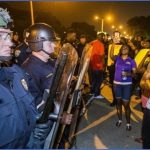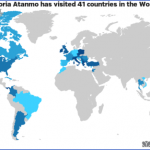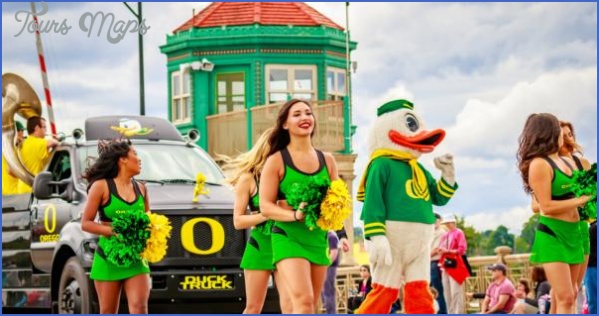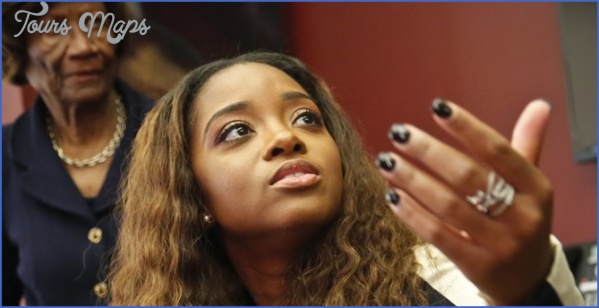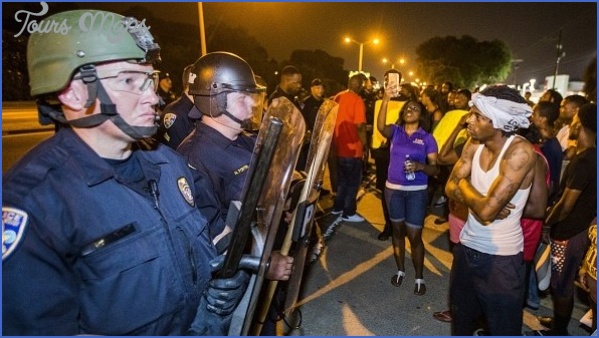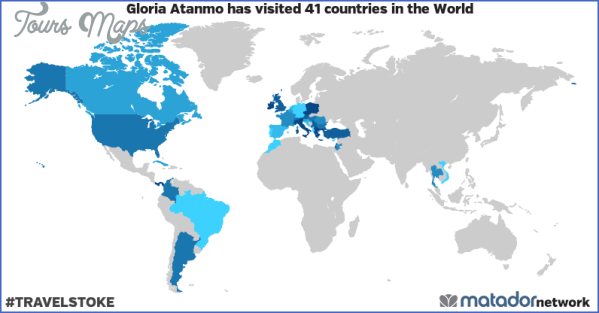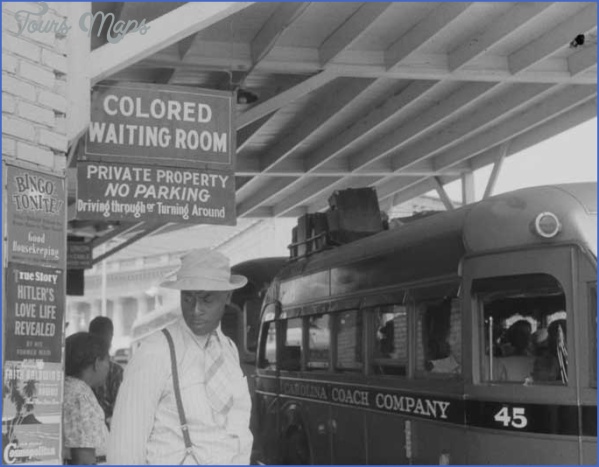Racial Concerns for Travel
It will probably come as no surprise to most of you that the majority of Zambia’s population is black while I didn’t find much in the way of concrete data, it looks like about five percent of the population is non-black while the remaining ninety-five percent come from traditional black African ethnic groups. That is, in many ways, the exact opposite of the areas where I grew up and currently live.
Exposed to travel at an early age and being very scientifically minded I’ve never considered myself to be someone possessed of racial bias. Instead, I understand ‘race’ as a social category with varied meanings depending on the context. I know the science behind pigmentation, the evolution of our species and how it shaped our outward appearance and the amount of time and differentiation that it took for our ancestors to adapt to different latitudes. Also, at a certain level, I just don’t give a damn what someone’s racial background is, though I am always fascinated by their cultural background and the identity that has played into making them who they are as well as the rich traditions that go with it.
Still, our appearance does play a role in how we are perceived by others. Attractiveness, height, hair color and ethnicity are all often easily identifiable visual markers that can sway us as we make snap judgments and seek to socially assign people to different groups and categories based on our own cultural assumptions. To this end, race is still a factor that shapes our interactions and our lives. Not just between black and white, but white and Asian, Indian and black, etc.
What is equally interesting from a sociological and travel perspective is when members who regularly occupy a majority position in one region re-locate to another where they are suddenly in the minority. This has happened to friends who have moved from Arizona to Japan or India, and it definitely occurred for me when visiting Africa.
Racial Concerns for Travel Photo Gallery
Hopefully, you’ve got friends from different ethnic backgrounds and at some point, you’ve had an honest conversation with them about the cultural dynamics of your local community. While these conversations may discuss more visible issues like racism, they can also cover other topics like differences in familial or cultural expectations, regional cultural norms, and related topics.
Personally, I’ve always found these conversations informative and enlightening. Given that the majority of my travel in the lead up to my trip to Zambia and Botswana had been confined to North America, Europe, Central America and South America, (the trip to Africa pre-dated my visit to Asia), this trip was my first opportunity to really dive headlong into being an easily identified/absolute minority.
Frankly, that made it pretty scary. Especially in light of the stories I’ve heard from other travelers, volunteers, and expats. After all, for all the racial issues the United States has between whites and blacks, Zambia has many similar challenges…only roles are reversed. I had heard from friends that I’d be targeted by beggars and for bribes from corrupt officials alike, that there would be an added assumption that because I was white, I’d have money and that there were some legitimate safety concerns that I’d need to take into account strictly because of my skin color.
Beyond that though, and perhaps even more disturbing on a personal level, was the realization that while I did not feel like I held an overt racial bias, I did draw on cultural distinctions which generally fell along racial lines. More specifically, while I didn’t have a racial bias against minorities in situations where I was a member of the majority, the thought of being a minority among what still registered internally as a very different racial majority made me somewhat uncomfortable.
I think this can be traced in large part back to an inherent racial bias which is still ingrained in American culture at a deep level with ties back to segregation and slavery. This semi-emotional response flew in the face of what I know at a cognitive level that people are people, cultures are cultures, and that physical differences in skin tone are every bit as irrelevant as eye color.
Yet I found myself annoyed by my own internal automatic response and wondering if I wasn’t just buying my own version of feel-good bullshit. All the while embracing the age-old pat yourself on the back racism that pretends that just because you’ve got a black friend, you can’t have racial biases or be racist. The end result was that as I prepared to leave, I found myself wondering just how many of the racial myths and biases that I thought I had overcome, I had never completely outgrown.
Maybe You Like Them Too
- Top 10 Islands You Can Buy
- Top 10 Underrated Asian Cities 2023
- Top 10 Reasons Upsizing Will Be a Huge Travel Trend
- Top 10 Scuba Diving Destinations
- World’s 10 Best Places To Visit







